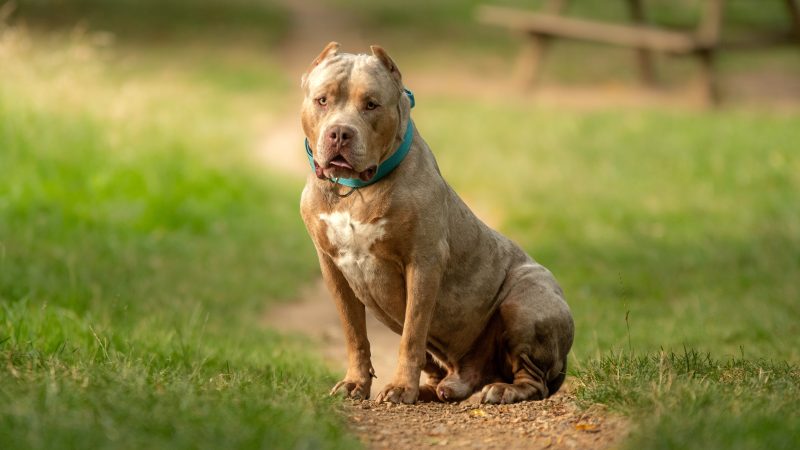Pets owners in Northern Ireland have been urged by vets to keep a close watch on their animals after a number of dogs were affected by a mystery stomach bug.
Originally thought to be specifically linked with visits to a number of beaches in North Yorkshire, the illness has reared its head in the Midlands, Wales, the North of England and Northern Ireland.
The Small Animal Veterinary Surveillance Network (SAVSNET) has now reported a possible outbreak of gastrointestinal disease in dogs which could be “caused by a range of infectious and non-infectious agents including parvovirus and canine enteric coronavirus.”
The group said it was “unaware of any statistical analyses of data or any suggestion of a possible cause.”
A post shared on social media by People and Dogs, SAVSNET Vet Dr Danielle Greenberg said the bug was unusual due to:
- Prolific vomiting of five or more episodes in a 12 hour period which can stop for a period (such as overnight) and then starts again
- Dogs are often unable to keep water down at peak vomiting stage
- Anorexia and lethargy for two-five days
- Diarrhoea: Most dogs have ‘gravy-like’ diarrhoea
- Full recovery can take five-ten days
The British Veterinary Association (BVA) advises that with prompt treatment almost all dogs make a full recovery from this uncommonly violent gastric bug, while the RSCPA reassured dog owners that sickness and diarrhoea in dogs is “common” in winter.
Speaking to BBC Radio 4’s PM programme), BVA President Justine Shotton said: “At this time, we can’t speculate on what might be causing the symptoms, and there is currently no evidence to suggest a direct link between the illness and the dogs visiting beaches.
“With gastroenteritis, most cases are mild, but some dogs may need hospitalisation with a drip. In the worst situations, it can become haemorrhagic leading to secondary complications or even death, but that is very rare.”
While pet owners are understandably worried, the cases may be part of a normal increase in gastroenteritis that vets see during the colder months. We saw something similar a couple of years ago, and the latest data from the University of Liverpool’s veterinary surveillance database points to the spike being part of normal seasonal variation at the moment.
“Our advice to concerned owners is to contact their local vet for prompt treatment if their dog shows any signs of illness, such as vomiting and diarrhoea.”








